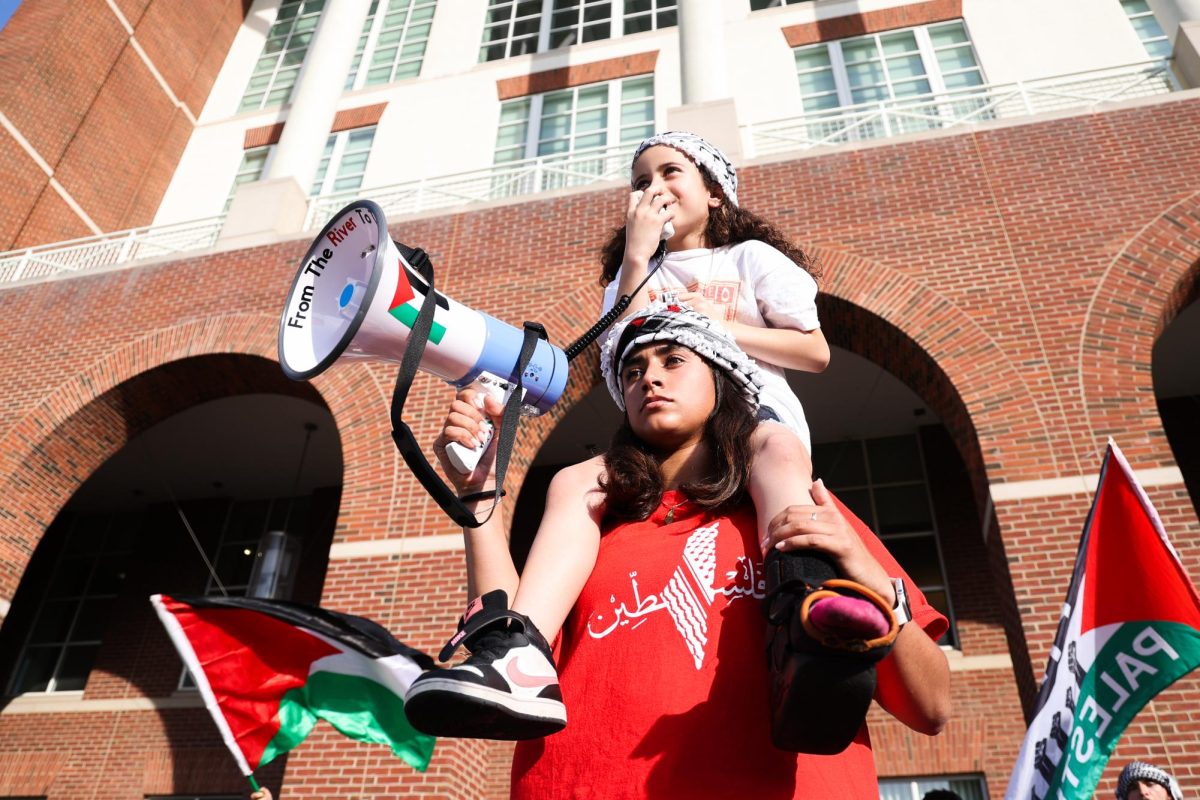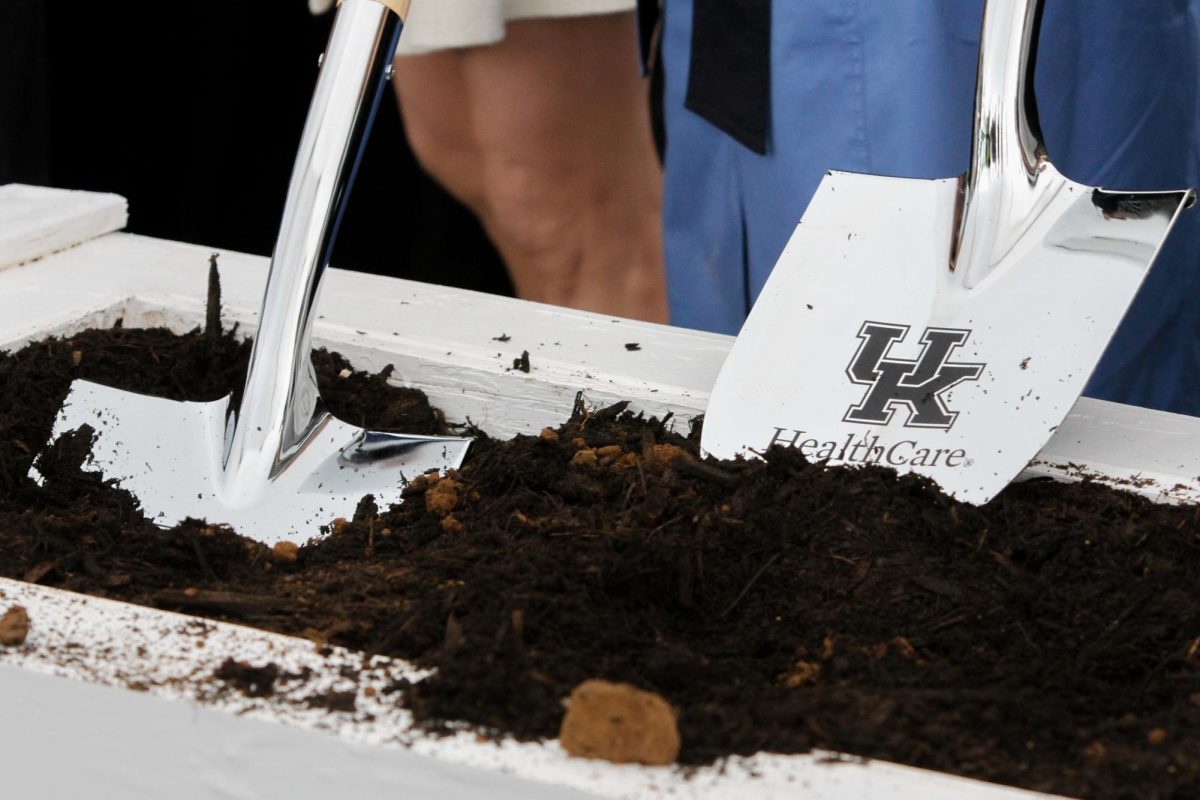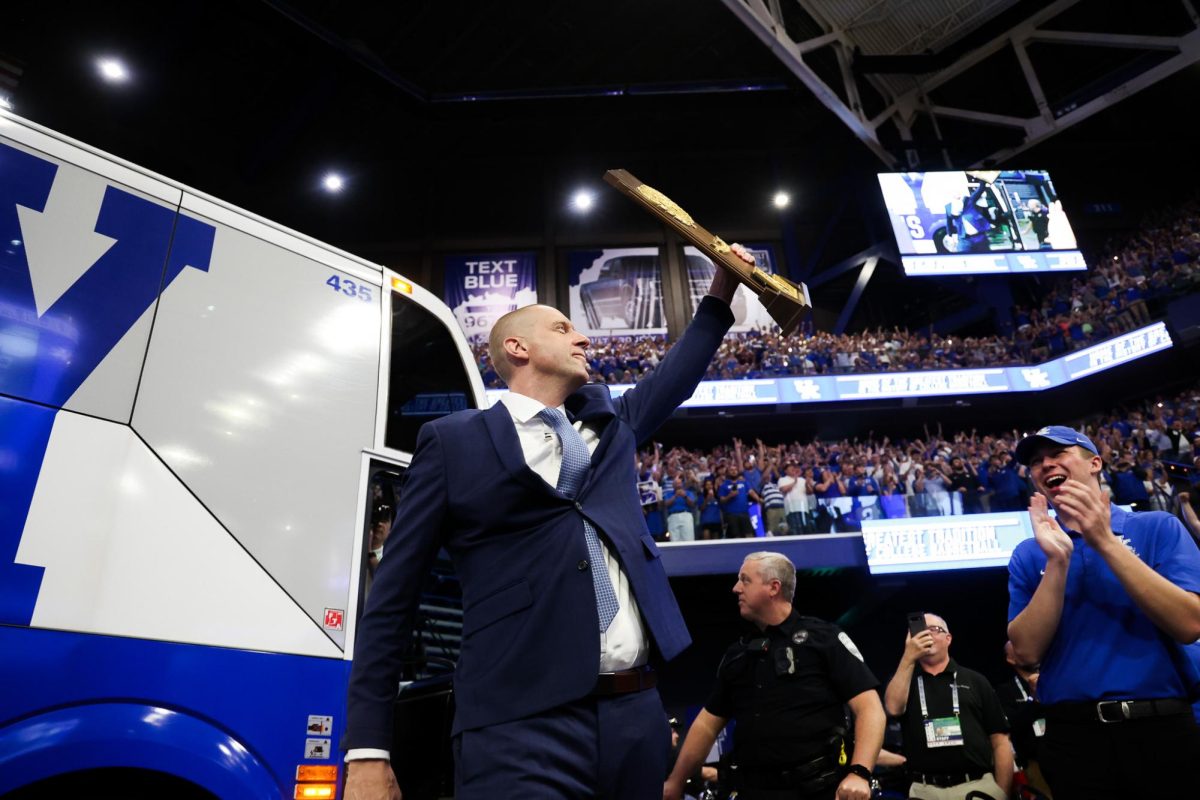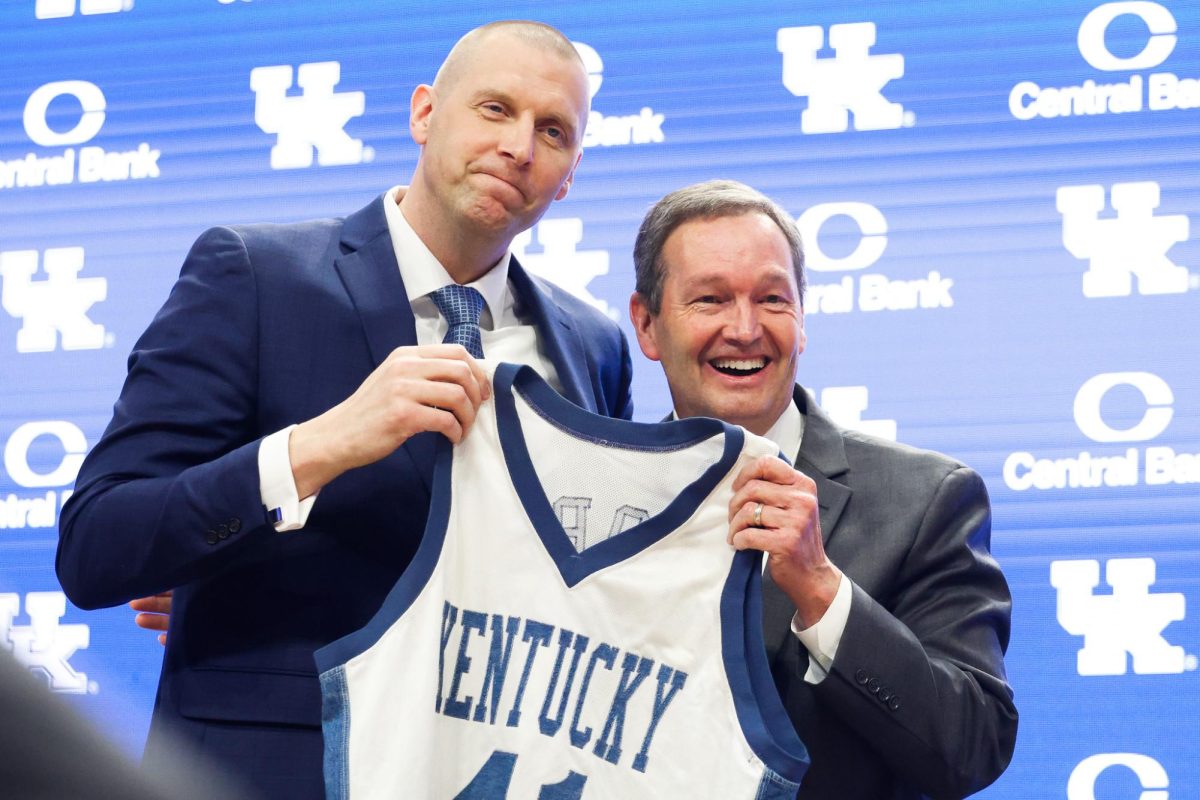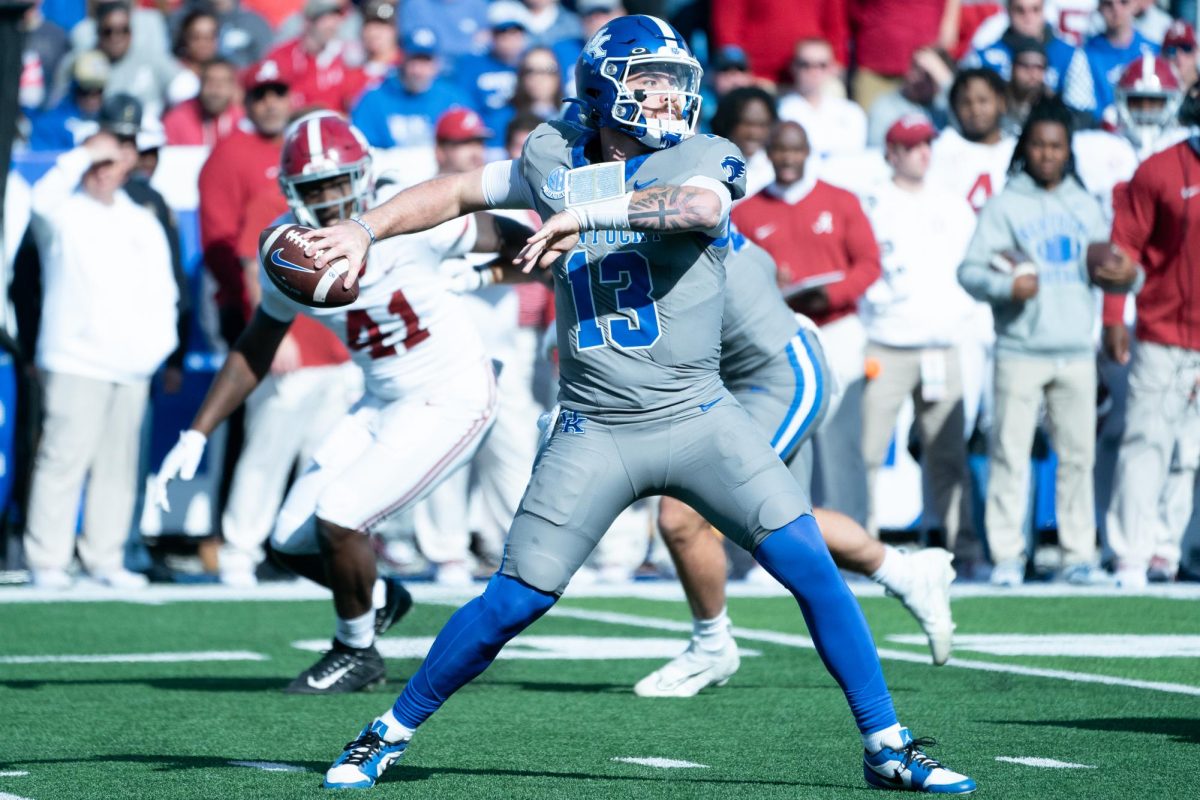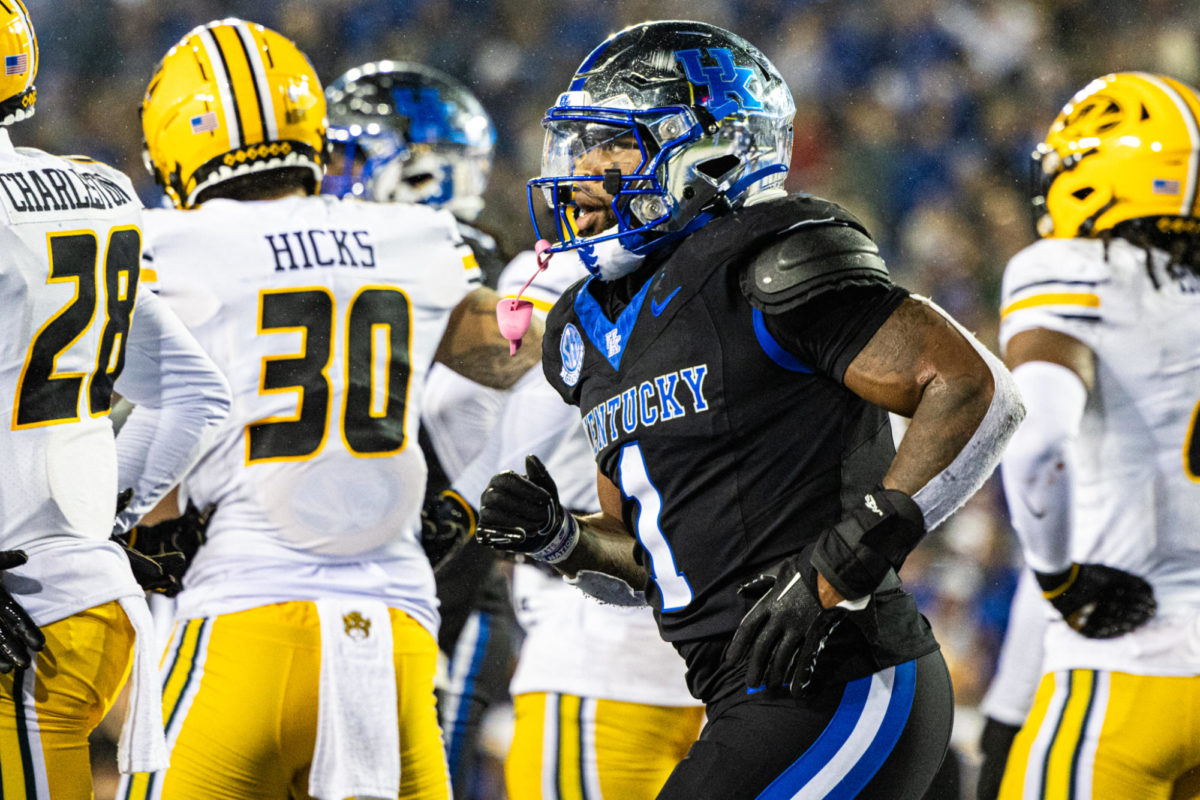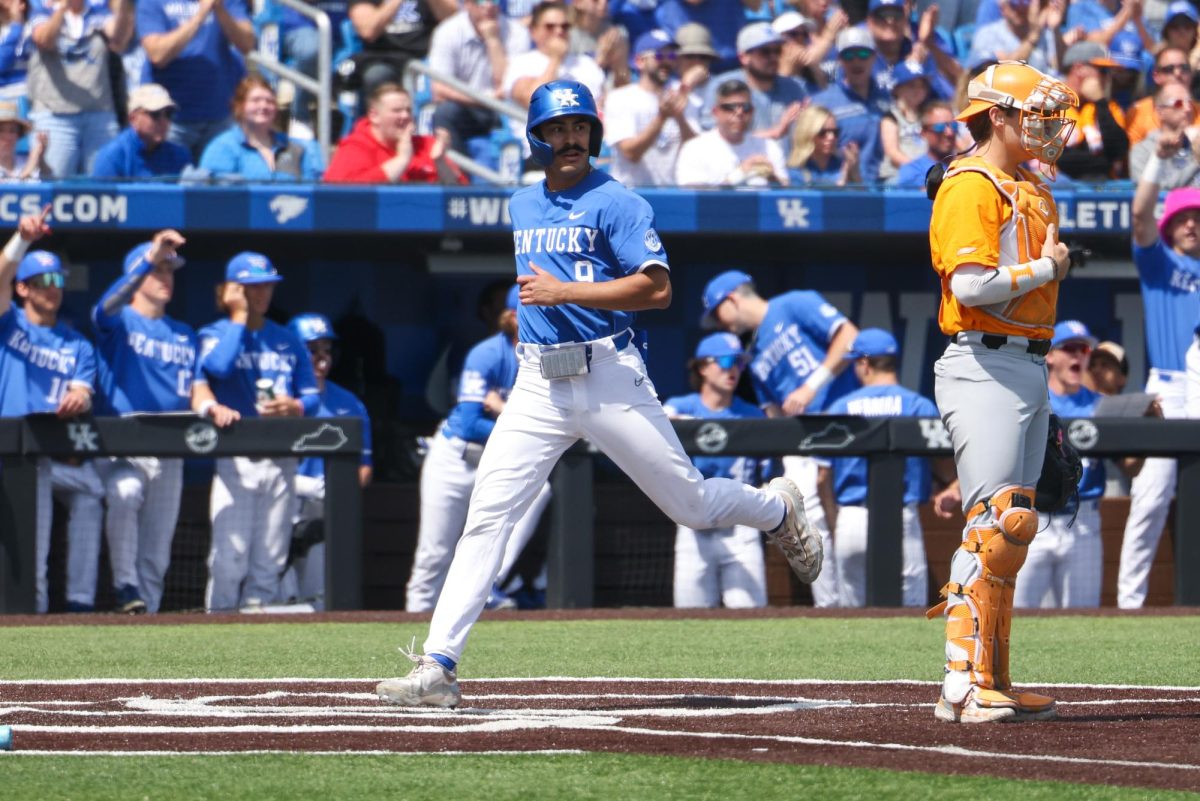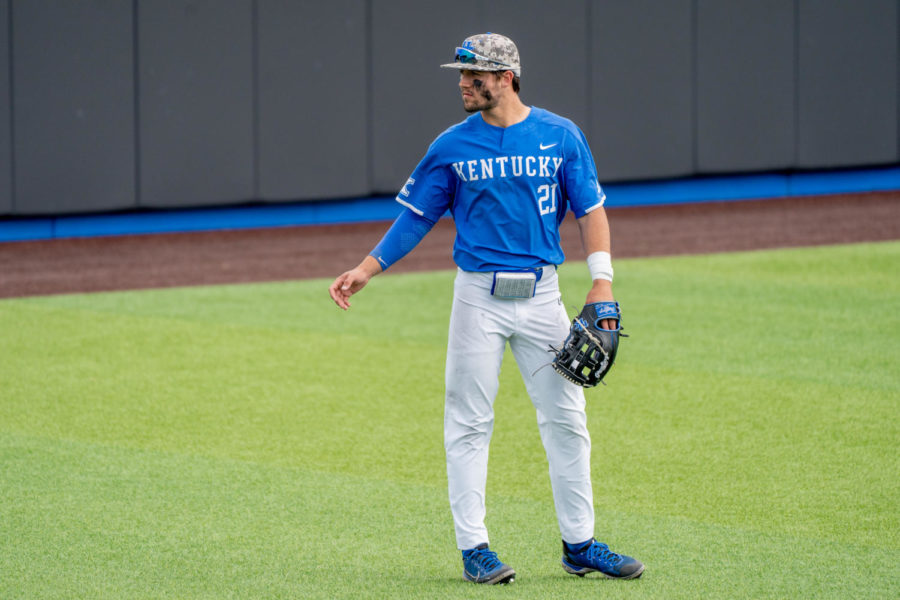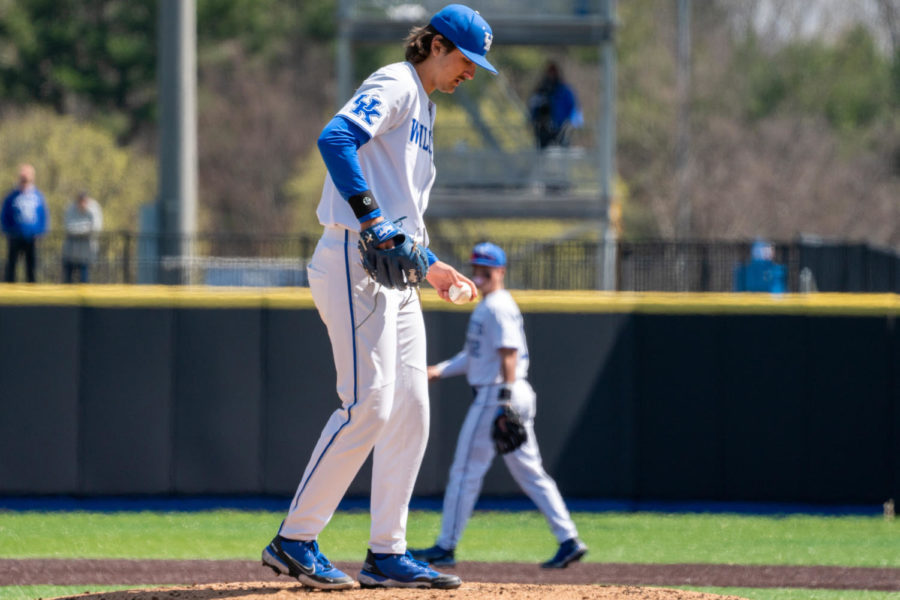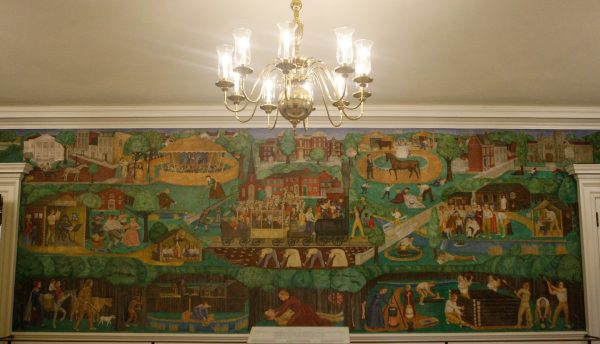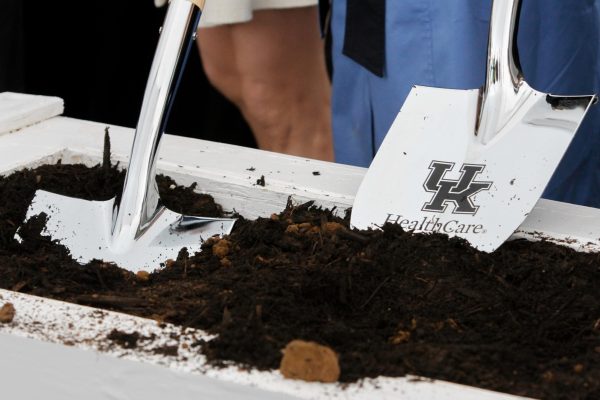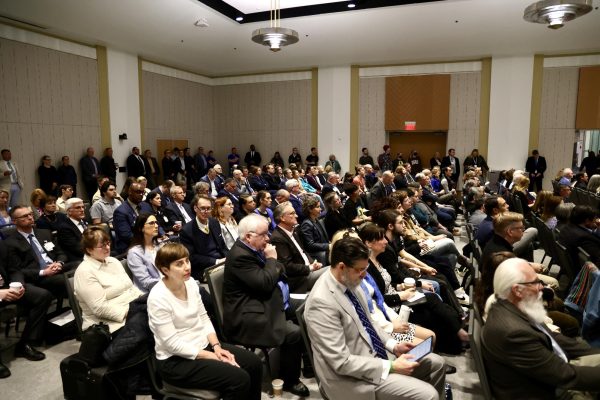Closings a complicated process
January 13, 2011
By Brandon Goodwin
Determining whether UK gets delayed or closed for bad weather depends on more than just snow.
Anthany Beatty, UK vice president assistant of Public Safety, said that UK’s Office of Emergency Management and Physical Plant Division are hard at work while many people are sleeping.
Christy Giles, Emergency Management director, and her team speak with the National Weather Service, UK Police Department, UK’s Physical Plant Division, the Lexington-Fayette County Urban Government, LexTran and Kentucky’s 511 travel hotline before a clear decision can be made.
Once Emergency Management finishes its report, Giles gets into contact with Beatty to send Emergency Management’s recommendation.
Snow and ice do not have to meet a certain inch accumulation before action is taken, Beatty said, but rather a consideration of all the different conditions.
Beatty said the safety of students, faculty and staff is UK’s biggest concern when considering closures because many people don’t live on or near campus.
Considering this, road conditions play a large role in determining school closure, Beatty said. And it is not just UK campus roads.
UK takes into account the condition of all Lexington as well as Fayette county roads.
Beatty then contacts Frank Butler, executive vice president for Finance and Administration, who makes the final decision to close school.
The decision is made usually around 4:30 a.m.
Even if the decision is to keep school on regular schedule and without delay, UK’s Physical Plant Division pre-treats and plows roads.
The division plows and salts 70 roads and 91 parking zones with a fleet of 25 snow plow trucks and 43 salt spreader, tractors and other snow clearing equipment, according to UK PPD’s snow removal plan online.
Physical Plant Superintendent George Riddle said this year the division has added even more ground to cover, with the addition of treating the roads and sidewalks around Good Samaritan Hospital.
“We have a finite amount of manpower,” Riddle said, “a little bit of robbing Peter to pay Paul. But so far, it has not delayed any of our other operations.”
Riddle said their success with managing the new area has been with the “reallocation of manpower.”
Hospital areas, like ambulance entrances, hospital parking spaces and hospital driveways take priority before all other campus areas, according to UK PPD’s snow removal plan.
Barney Byrum, Lexington safety coordinator for the Lexington Department of Public Works and Development, said they usually send out their plows after one inch of snow accumulates, but they work completely independent from UK’s Physical Plant Division.


